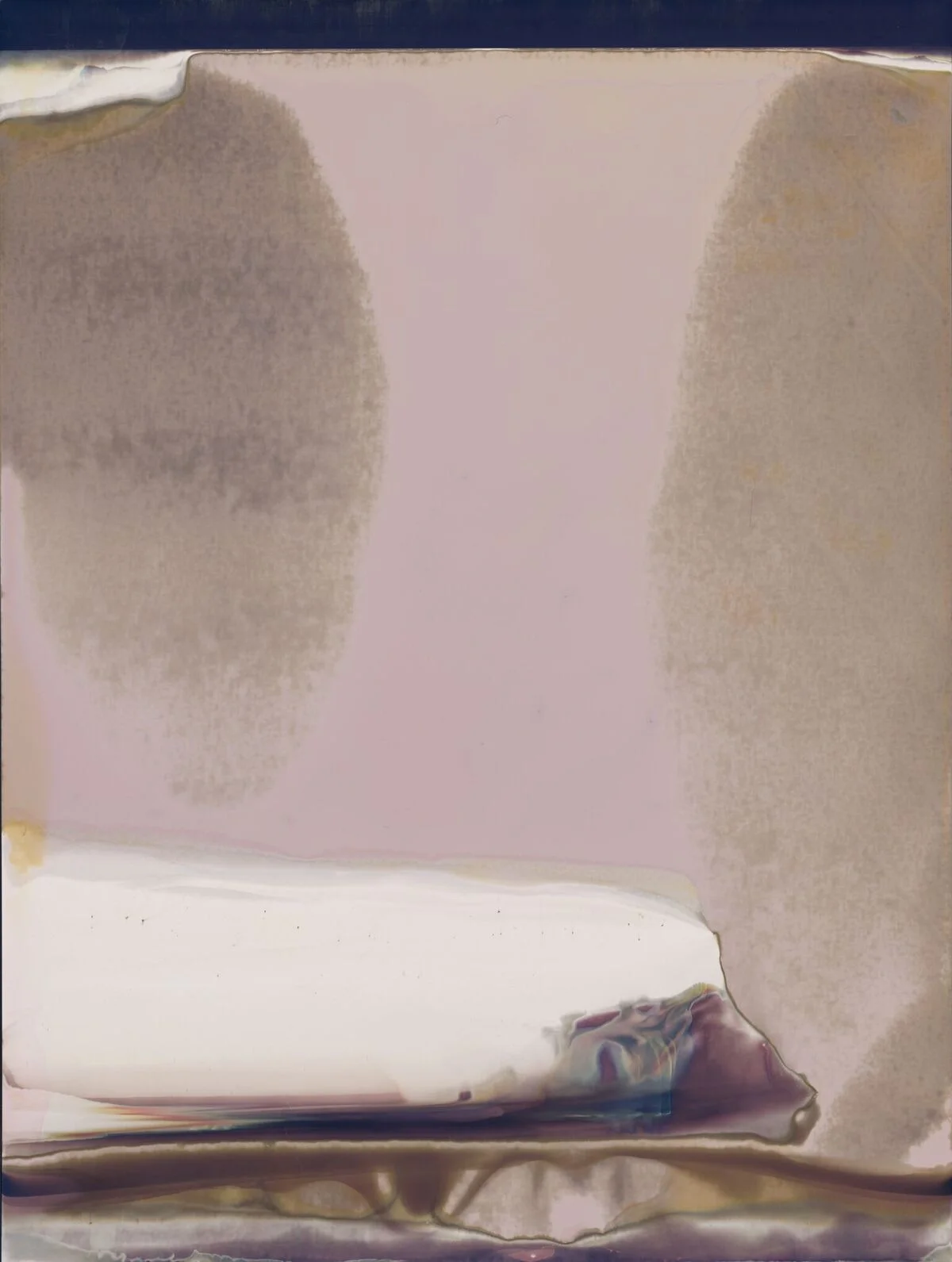When it is Impossible to Escape
Image by jxffsmxth
This past Sunday I binge-watched an entire series in one sweaty evening. With the blinds drawn shut and my refrigerator a stone's throw away, I successfully disappeared into a television series for over six hours. As the novel coronavirus marches on – steadfast and uncaring – protests surge through our city’s streets, the unemployment rate nears twenty percent (marking its highest level since the Great Depression), and national and global tensions rise through flurries of unfiltered presidential tweets, and the return of normalcy feels further than ever – transporting myself into an alternate world encased by my television set didn’t seem overly dramatic.
Escapism, or the practice of extracting one from one’s current reality, is a basic protective instinct that is certainly not new to American culture. A 2012 study found that economically-rooted stressors involving both work and personal aspects of people’s lives are strongly linked to feelings of powerlessness and psychological distress, often leading to a desire to self-medicate with alcohol (and other mind altering substances). It is no surprise then that during the Great Depression and then the Great Recession of 2007-2009 there was an increase in alcoholism and other forms of escape.
Image by eszterateh
Alan Brinkley, author of Culture and Politics in the Great Depression, delineates the history of entertainment media in the United States and how escapism through magazines, radio, and film in the thirties were all geared towards helping Americans mentally and emotionally break free the economic meltdown and crushing poverty and suffering that reverberated from the stock market crash of October 1929.
Another cultural response to the Great Depression was the disregard and subsequent dissolution of Prohibition. Undeterred by its illegality, Americans found ways to drink and self-medicate through the early years of the crisis. Speakeasies popped up like garden weeds across the country – estimates suggest that there were more than 30,000 in New York City alone. Due in part because the country needed more jobs and tax revenue, the 18th Amendment became increasingly oppositionary to what the country needed. In 1933, the 21st Amendment repealed the prohibition of the 18th, the only constitutional amendment to ever have been rescinded.
We find ourselves in another crossroads of economic turmoil, social upheaval, and emotional distress, and yet, because of the concurrent pandemic, we battle this in our apartments, alone. With no access to nightlife, restaurants, shopping, or social engagements of any kind, the impulse to indulge in communal fantasy has been made impossible.
While going out “clubbing” might seem a distant memory for people across the country, many of the venues at the heart of NY culture are facing extinction in the wake of months of shelter in place and a slow and unpromising opening process. The New York City nightlife scene has launched the NYC Nightlife United Fund, an emergency relief fund dedicated to helping local venues in New York City, specifically in Brooklyn, as they struggle during the COVID-19 pandemic.
“No one can deny that nightlife is culture,” says Friends and Lovers owner Diana Mora, who spearheaded the NYC Nightlife United Fund, said. “This forum for self-expression influences art, music, fashion and brands. If you think about music especially, it is the most powerful passion point. It’s the original social network, transcending every barrier— socioeconomic, distance and language. That’s why protecting this rare resource that defines the spirit of NY is so important.”










